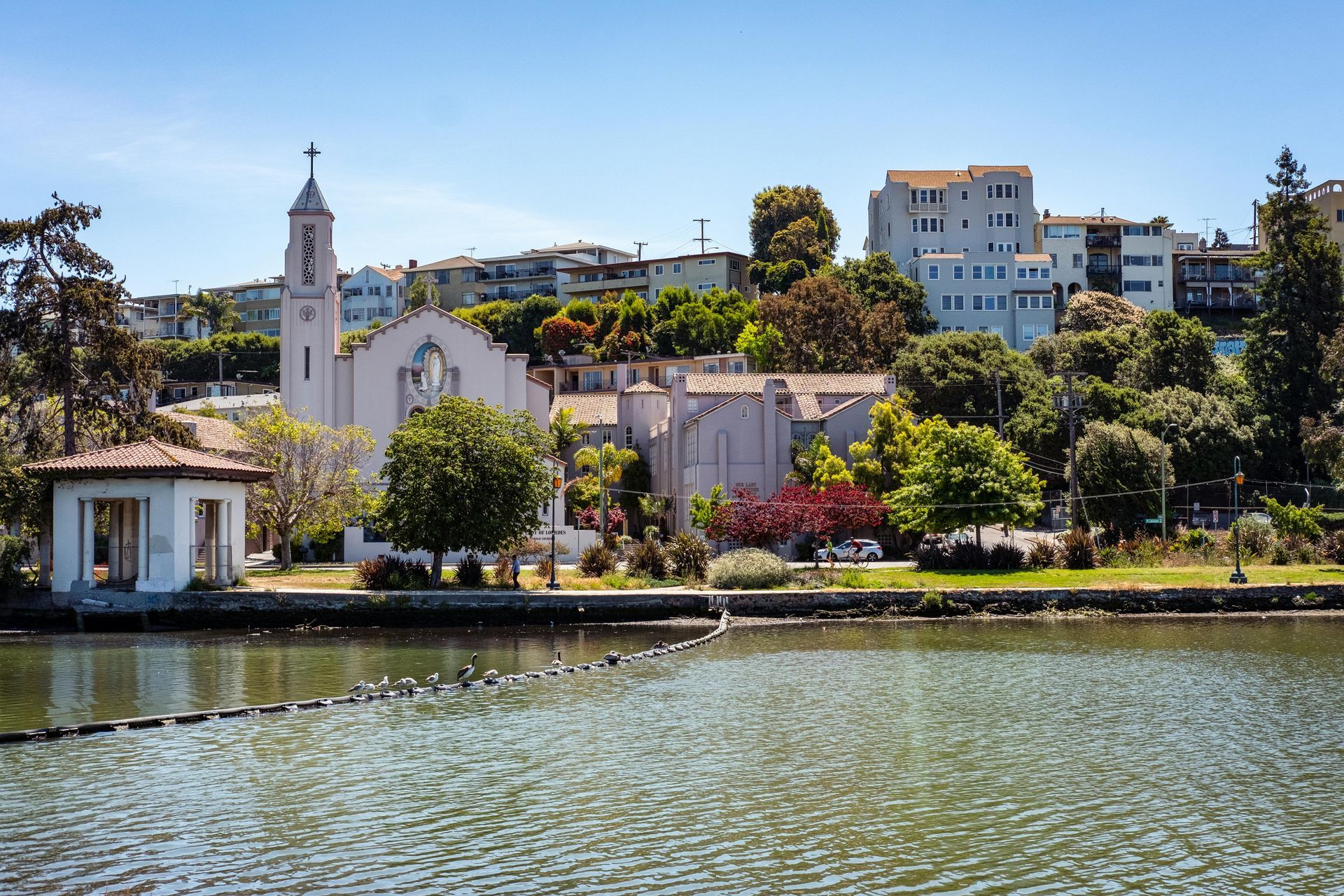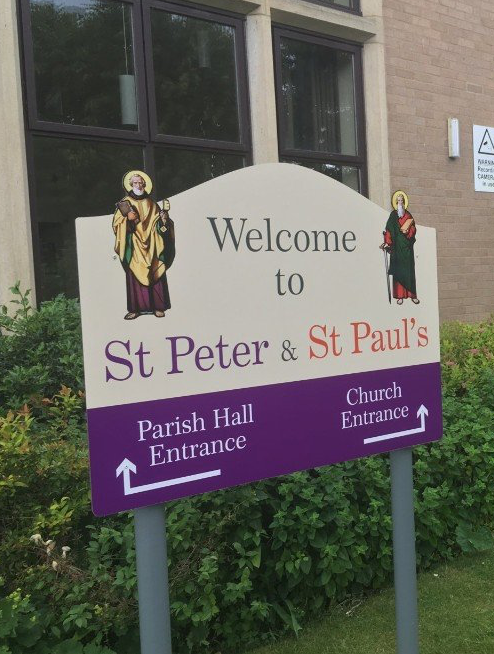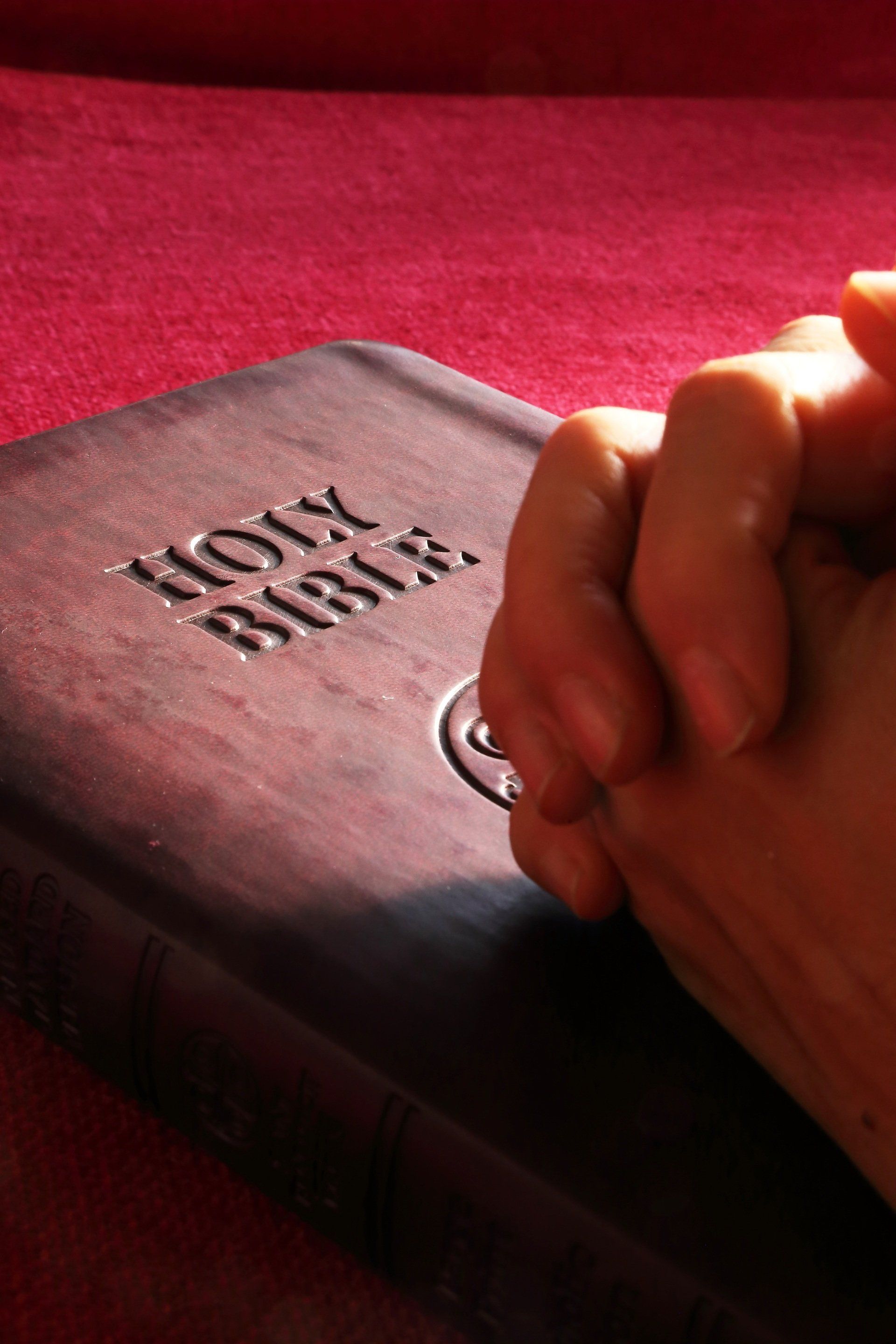‘I want to know Christ’ — Phil 3:10
Paul’s encounter with the risen Christ on the road to Damascus changed him dramatically. For one who had been a vigorous persecutor of the early Christian movement, what then became the most important thing in his life was being ”conformed” to Christ: ”I want to know Christ and the power of his resurrection and the sharing of his sufferings by becoming like him in his death, if somehow I may attain the resurrection from the dead” (Phil 3:10-11).
That is the best summary of Paul’s Christology I know. With Paul’s conversion there also came a call or vocation to proclaim Christ among the Gentiles (see Gal 1:16), which he fulfilled by founding new churches all over the Mediterranean world.
Paul’s letters to these communities are the earliest complete documents in the New Testament (from the 50s of the first century), and so what Paul says about Christ is very important. But Paul never set out to write a systematic Christology (though Romans comes close). Rather, Paul was a pastoral theologian who developed his Christology in response to the communities he had founded and continued to advise as they confronted various problems and crises.
Nevertheless, Paul’s letters are precious resources for their witness to what early Christians believed about Jesus, their focus on the effects of Jesus’ death and resurrection, and their concern with integrating Christian beliefs and practice in everyday life.
Witness to Early Traditions
Between Jesus’ death and Paul’s first extant letter (1 Thessalonians) was a period of about 20 years. What is remarkable is the speed with which early Christians developed a vocabulary and theological conceptuality about Jesus. The first verse in 1 Thessalonians places Jesus on a par with God the Father and refers to Him as ”the Lord Jesus Christ.” Throughout Paul’s letters, ”Christ” (or ”Messiah”) is so familiar and taken for granted that it functions almost as Jesus’ surname.
Moreover, the epithet ”Lord” was reserved among Jews for God the Father and used by the Romans as a title for the emperor. Both Paul and his converts also knew Jesus to be the Son of David, Son of God, and Son of Adam (perhaps Paul’s equivalent of Son of Man). More than a gradual development, these titles reflect the explosion of beliefs about Jesus very shortly after His death and resurrection.
In the course of his letters Paul also quoted several already existing summaries of Christian faith that could serve as common ground between him and his readers. These formulaic statements (e.g., 1 Cor 15:3-5; Rom 1:3-4; 3:25) focus on Jesus’ death and resurrection and on His significance in atoning for our sins and bringing about right relationship with God.
The same emphasis appears in what seem to be early Christian hymns that celebrate Christ as the Servant of God (Phil 2:6-11) and as the Wisdom of God (Col 1:15-20). The very early christological titles, credal statements, and hymns transmitted to us by Paul provided the building blocks for Paul’s Christology and for that of the Church ever since.
The Effects of the Christ Event
Paul seems never to have met Jesus during the latter’s earthly life. At only a few points in his letters does he refer or allude to the teachings of Jesus. The clearest example is Jesus’ teaching on marriage and divorce in 1 Cor 7:10-11, though Paul goes on to introduce a modification of it in 7:12-16.
What especially interested Paul about Jesus was His death and resurrection. Yet he spends little or no time recounting the details of Jesus’ crucifixion or describing the empty tomb. Rather, Paul’s major concern was the saving effects of what is often called the Paschal Mystery or the Christ event.
For Paul, Christology is soteriology. That is, he was mainly interested in what Jesus’ death and resurrection brought about for humankind: forgiveness of sins, justification, access to God, reconciliation, salvation, redemption, freedom, peace with God, glorification, grace, holiness, eternal life and so forth.
These effects of the Christ event are not so much stages along a developmental spectrum as they are different aspects of the same divine mystery. In Rom 5:12-21, Paul contrasts the destiny that the first Adam brought to humankind (sin, death, condemnation, disobedience) and the destiny that Christ as new Adam has made possible (grace, justification, righteousness, obedience).
Paul’s problem with the Law of Moses was that it could not do what Christ did — bring about right relationship with God. On the one hand, Paul insists that the Law is ”holy and just and good” (Rom 7:12). On the other hand, he regards the Law as temporary and provisional, at best a preparation for Christ (Gal 3:19-22), and at worst a stimulus to sin (Rom 7:13-25).
Paul suggests that the problem with the Law came when Jews like himself thought that its perfect observance could bring about right relationship with God. But through his experience of the risen Jesus he had come to believe that only God’s favor or grace manifested in Christ could bring that about, and that all peoples — Jews and Gentiles alike — needed and could share in the benefits of Jesus’ death and resurrection.
The greatest benefit of all is to share in the resurrection of Jesus. Paul does not base his (and our) hope for resurrection and eternal life on the Greek concept of the immortality of the soul, Jewish eschatological expectations for the full coming of God’s kingdom, or the promises of the Old Testament Scriptures.
Rather, he appeals first and foremost to Christ’s resurrection as the only solid foundation of our hope for resurrection (1 Cor 15). And we come to participate in the Paschal Mystery and all the benefits associated with it through baptism, which is our identification with Christ’s death and resurrection (Rom 6:1-4).
Living ”in Christ”
For Paul, Jesus was not simply a wise teacher or powerful healer who was executed under Pontius Pilate in A.D. 30 or so. Rather, his focus of attention was the risen Christ whom he believed to be reigning in glory with His heavenly Father and destined to come again with the fullness of God’s kingdom (1 Thess 4:13-5:11).
Moreover, what sustained Paul most of all in the present was a kind of ”Christ mysticism” expressed most clearly in Gal 2: 20: ”it is no longer I who live, but it is Christ who lives in me.” For Paul, Christology was not an abstract science or detached theological speculation. It is what made Paul tick. It was the most practical matter imaginable to him.
Paul was convinced that the work of the risen Christ in the world was being carried on by the ”Spirit of Christ” (Rom 8:9-11). In the time between Christ’s resurrection and his glorious second coming, the Holy Spirit animates each and every Christian and guides the community toward its goal of fullness of life.
The gifts of the Spirit are given for building up the body of Christ. Being ”in Christ” is not a solitary or individual mode of existence. What brings us together in the body is Christ. Christ makes us into His body. We form the body precisely because we are in Christ.
The celebration of the Lord’s Supper or Eucharist is a sign of our belonging to the body of Christ. There we affirm that the Spirit of Christ animates us all and makes us one body. It is no accident that Paul’s only two explicit references to the Eucharist occur in the context of resolving communal problems (1 Cor 10:14-21; 11:17-34).
What is sometimes described as Christian ethics is in fact the appropriate response to the mystery of Christ, and so it too is an aspect of Paul’s Christology. Rather than appealing to specific sayings of Jesus on which to base his ethical advice, Paul prefers to point to the person of Jesus. For example, in encouraging the Corinthians to contribute to the collection for the poor Christians at Jerusalem, Paul holds up ”the generous act of our Lord Jesus Christ” who especially in His death on the cross became poor for our sake (2 Cor 8:9).
In fact, applying the terms ”ethics” and ”morality” to Paul’s writings is not entirely accurate. A more appropriate designation may be ”spirituality,” since Paul’s ideal of life in Christ is ”faith working through love” (Gal 5:6). From that principle, everything else flows. What we call ”virtues,” Paul labels ”the fruit of the Spirit” (Gal 5:22).
Paul’s Christology is traditional, comprehensive and practical. Paul based his Christology on the christological titles, credal summaries and hymns that exploded on the scene in the 20 years between Jesus’ death and his first extant letter.
The focus of Paul’s Christology is the saving significance of Jesus’ death and resurrection (soteriology), which in turn provided the basis for all the other elements in his theology. And Paul insisted that what we believe about Christ and who we are in Christ must express itself in what we do and how we relate to God and other persons. TP
FATHER HARRINGTON, S.J., is professor of New Testament at the Boston College School of Theology and Ministry and editor of New Testament Abstracts. His areas of interest are the interpretation of the Bible in antiquity and today, Second Temple Judaism, the Dead Sea scrolls, biblical theology, biblical languages, the Synoptic Gospel, Pauline theology, and the book of Revelation.










